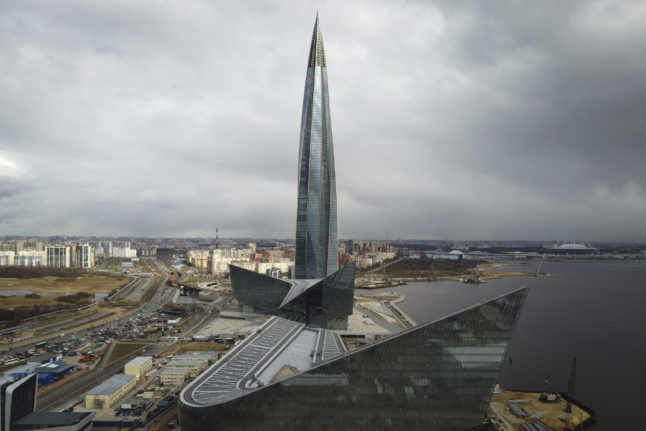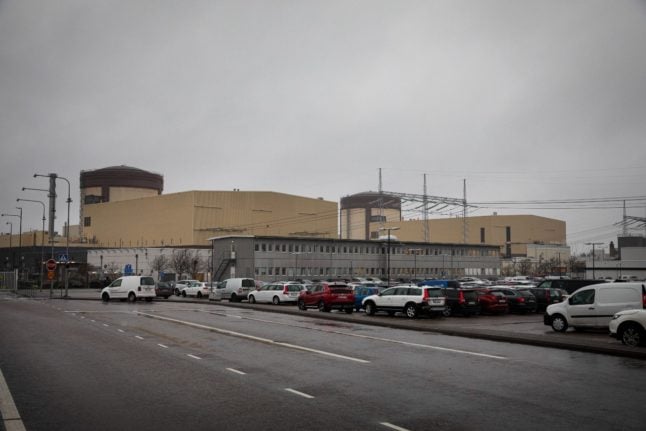The announcement, which concerned western Sweden, follows a similar declaration by Denmark on Monday evening.
“Sweden and Denmark have a common gas market and a joint balancing zone where the Danish supply situation is of great importance for the Swedish one,” the agency said in a statement.
“Therefore the Energy Agency in Sweden has decided to mirror Denmark’s decision on a crisis level,” it added. The European Union has established a system to allow member states to flag up impending energy supply difficulties using three ascending levels of alerts — beginning with “early warning”, followed by “alert”, then “emergency”.
The system allows for mutual assistance from other EU countries, but could also mean a start to rationing supplies.
Sweden’s Energy Agency meanwhile noted that “the supply situation of gas in Sweden is still robust,” and that stockpiles in Sweden, Denmark and Europe are “well stocked ahead of the autumn.”
Danish energy company Ørsted announced at the end of May that delivery of Russian gas to the Scandinavian country would be suspended from June 1st, after
Ørsted refused to settle the payment in rubles.
On Monday, the Netherlands announced it will lift restrictions on coal-fired power generation, a day after Germany and Austria took similar steps to alleviate their reliance on Russian gas supplies.



 Please whitelist us to continue reading.
Please whitelist us to continue reading.
Member comments